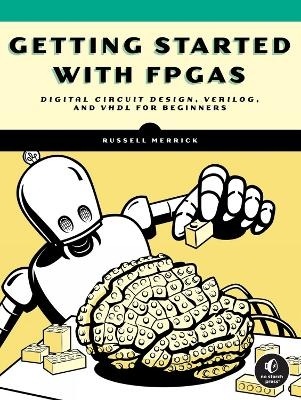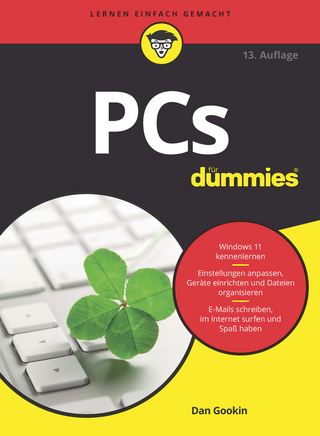
Getting Started with FPGAs
No Starch Press,US (Verlag)
978-1-7185-0294-9 (ISBN)
Russell Merrick is the creator of the popular FPGA blog, nandland.com, and accompanying YouTube channel. He has worked on many FPGA designs at Accion Systems, as well as at BAE Systems and L-3 Communications. He holds undergraduate and graduate degrees from the University of Massachusetts Amherst and the University of Massachusetts Lowell.
Acknowledgments
Introduction
Chapter 1: Meet the FPGA
Chapter 2: Setting Up Your Hardware and Tools
Chapter 3: Boolean Algebra and the Look-Up Table
Chapter 4: Storing State with the Flip-Flop
Chapter 5: Testing Your Code with Simulation
Chapter 6: Common FPGA Modules
Chapter 7: Synthesis, Place and Route, and Crossing Clock Domains
Chapter 8: The State Machine
Chapter 9: Useful FPGA Primitives
Chapter 10: Numbers and Math
Chapter 11: Getting Data In and Out with I/O and SerDes
Appendix A: FPGA Development Boards
Appendix B: Tips for a Career in FPGA Engineering
Glossary
Index
| Erscheinungsdatum | 07.11.2023 |
|---|---|
| Verlagsort | San Francisco |
| Sprache | englisch |
| Maße | 177 x 234 mm |
| Themenwelt | Mathematik / Informatik ► Informatik ► Theorie / Studium |
| Informatik ► Weitere Themen ► Hardware | |
| Technik ► Elektrotechnik / Energietechnik | |
| ISBN-10 | 1-7185-0294-X / 171850294X |
| ISBN-13 | 978-1-7185-0294-9 / 9781718502949 |
| Zustand | Neuware |
| Haben Sie eine Frage zum Produkt? |
aus dem Bereich


